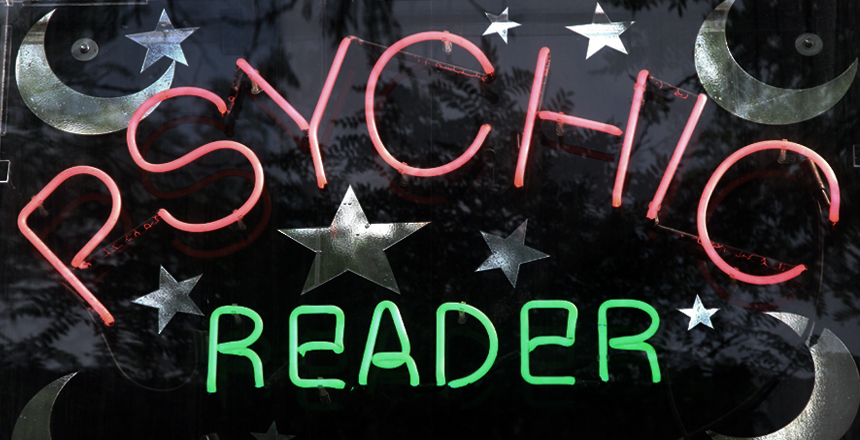
They have been called mentalists and mediums. You may have heard of fortune tellers and illusionists. The are also called psychics and mediums. These are the people who are gifted with extrasensory powers like clairvoyance and telepathy.
Those without these gifts go through the steps of “normal” communication while psychics can learn and know things by using this extra power they have. When a psychic has a session with a client they do either a hot or a cold reading.
Exactly what is a Cold Reading?
A cold reading is when a psychic first meets and interacts with someone they have never seen before. This interaction is the cold reading because the psychic doesn’t know anything about the other person, not even their name. From this initial interaction, the psychic can learn things that the client wouldn’t ordinarily share. This type of meeting serves as proof to some that there is some magical ability in the human brain.
So what is a hot reading?
This type of reading is the opposite of a cold reading. The client is not a stranger in that they are not entirely unknown to the psychic. The psychic will go in knowing a bit about the person. The client will probably not know this. The psychic will have gotten this information without their knowledge and will have done some research. The main difference in a cold reading as opposed to a hot reading is in how the psychic gets their information.
The end result of either a hot or cold reading is ultimately the same. The psychic knows more than they should know through normal means. This will create the illusion that otherworldly powers are at play.
Skeptics say?
Those who are skeptical of psychics maintain that each and every reading is a hot read. They say that cold reads are the result of clever deduction. It is actually quite easy to make educated guesses based on appearance. An online psychics has a bit more work to do. They have to work quickly to make the client feel as if the psychic truly “knows” them.



‘Illusionists’ and ‘mediums’ serve as cultural symbols reflecting society’s fascination with mystery, which could explain their enduring popularity across generations.
While the concept of psychics is fascinating, it’s crucial to approach such claims with a healthy degree of skepticism. Understanding how these readings are performed can help demystify them.
Indeed, the psychological aspects at play in cold readings often reveal more about human behavior than any supernatural ability.
It’s worth noting that many ‘psychic’ phenomena can be explained through social psychology and observation skills rather than extrasensory perception.
‘Hot readings’ raise ethical questions regarding privacy and consent in information gathering. How much should psychics disclose about their methods?
The distinctions between cold and hot readings provide an interesting framework for understanding the mechanisms behind psychic phenomena. It raises questions about the nature of intuition and perception.
‘Cold reading’ as a concept highlights the fine line between intuition and trickery in interpersonal communication. This phenomenon warrants further investigation.
‘Psychic abilities’, whether real or not, tap into deep-seated human desires for connection and understanding of the unknown. This speaks to our intrinsic curiosity.
The debate surrounding psychics is emblematic of broader discussions about belief, evidence, and the human experience. It’s a rich area for philosophical inquiry.
While claims of psychic abilities abound, it remains critical to differentiate between entertainment value and genuine belief in supernatural powers.